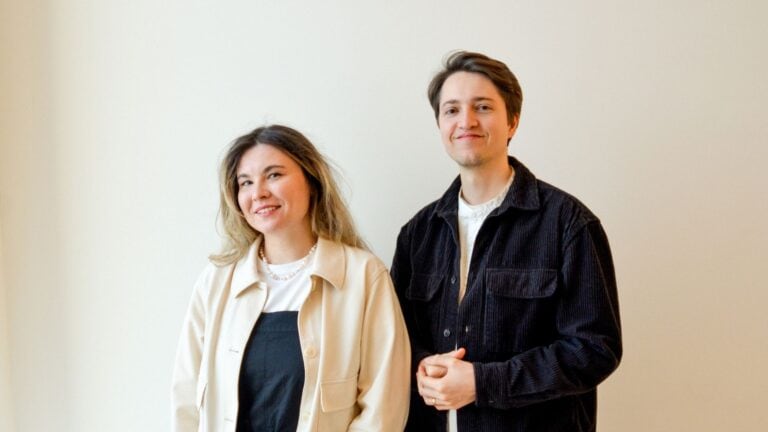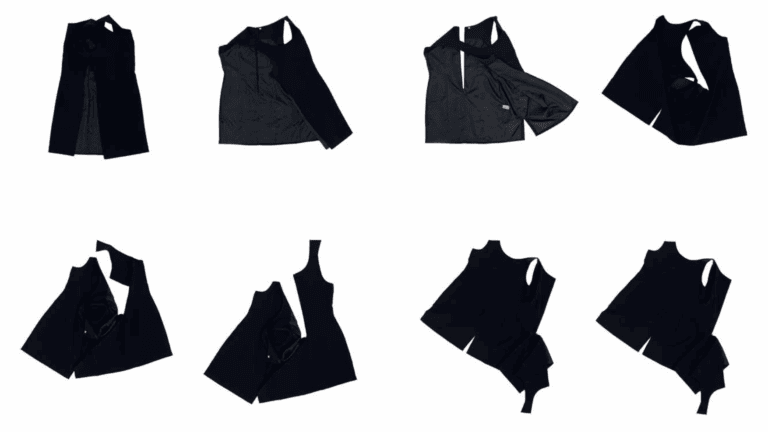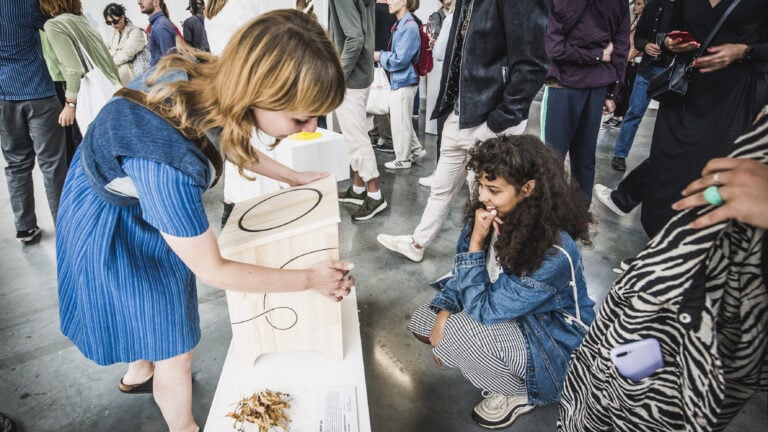The Swedish Chamber of Commerce in Hong Kong broadcast a seminar on "The Future of Innovative Materials" on Tuesday morning. The seminar touched on crucial aspects of how we create a sustainable fashion industry, examples of new materials and companies working towards this end.
The fashion industry is one of the sectors with the greatest negative impact on the climate and many changes are needed to achieve a sustainable future. One of the seminar's participants Edwin Keh, CEO of HKRITA, a research centre in Hong Kong, says that three of the most important aspects to achieve a sustainable fashion industry are:
- Sustainability over time, how we maintain the value of materials for longer.
- Changing the way we use clothes and materials.
- That we think beyond the previously sustainable expression reuse and recycle. "We need to re-imagine, re-purpose and re-think the industry". The fashion industry needs to be a force for making the earth and water cleaner, not just climate neutral.
The seminar participants, made up of researchers, innovation leaders, entrepreneurs and creators in the fashion industry, agreed that the work to achieve a sustainable fashion industry needs to be collaborative and that it is crucial that startups work with other startups, small and large companies.
Although the task of achieving a sustainable future may seem overwhelming, there are many companies that are taking important steps towards such a future. These include Jenny Fredricsson's Swedish company, Re:newcell, which has developed a new material, "Circulose pulp". By upcycling used garments with a high cellulose content (such as cotton and viscose), they are creating the new material Circulosis pulp that can be used in the production of new clothes. Their only current factory is based in Kristinehamn, but by the end of the year they plan to open a new facility to increase production.
Peter Bäckström, head of the H&M Foundation's Global Change Award competition, also took part in the seminar. Their competition supports companies that develop new products for a sustainable fashion industry. Some of the recent winners are:
- Galy, which develops lab-grown cotton that grows 10% faster than regular cotton and requires only 20% of resources,
- Feature Fibres, which can use DNA to produce fibres with specific properties such as windproofness or a particular colour without the need for post-treatment of the materials (often with environmentally hazardous substances), and
- Fairbrics, which has developed a method for converting carbon dioxide into polyester pellets.
The solutions may sound like rocket science and although the companies are in the development stage, they all look forward to bringing products to market within a few years.
Another start-up attended the seminar, Unspun, which has developed a process for sewing jeans "On-Demand". Using body scanners placed in the company's store and pop-ups, customers take a body measurement and then order jeans based on their own preferences. The jeans are then sent to the customer within 3 weeks. In this way, the company reduces the need for inventory and for certain items and sizes to go unsold.
The seminar was broadcast live from The Mill in Hong Kong and can be viewed afterwards via the following link, https://www.swedenhk.com/sustainable-fashion-days/
Participated in the seminar did:
- Rebecka Lundin - Multi Entrepreneur & Sourcing Manager
- Peter Bäckström - Global Change Award at H&M Foundation
- Åsa Östlund - Program Manager for the research program Mistra Future Fashion at RISE
- Jenny Fredricsson - Business Manager at Re:newcell
- Edwin Keh - CEO of HKRITA
- Walden Lam - Chief Hustle & Co-Founder of Unspun






